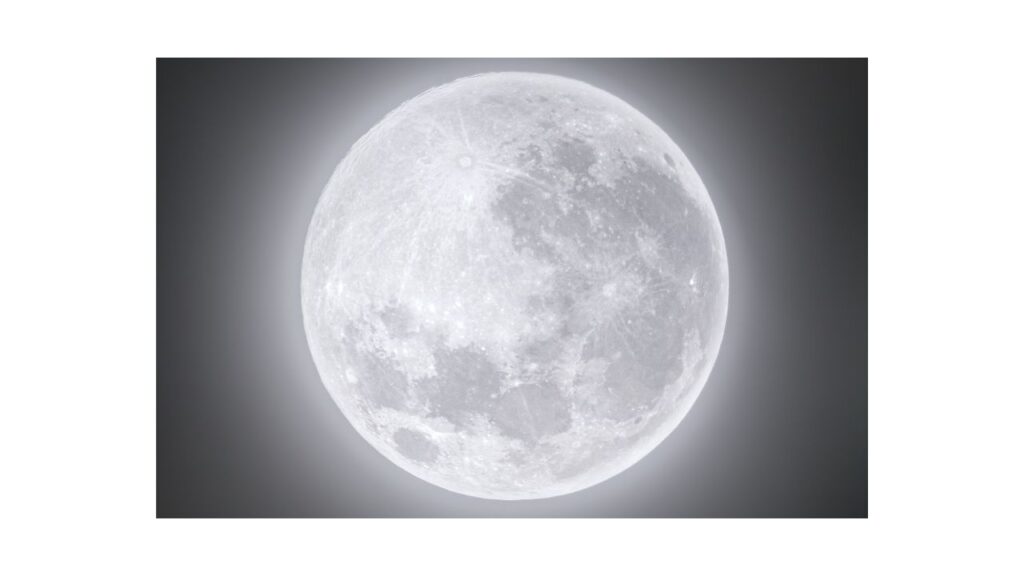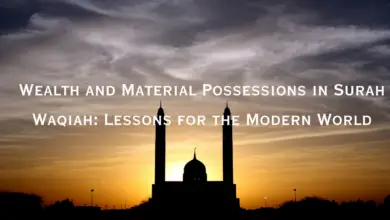Why do Muslims follow the Lunar Calendar?
The Significance of the Lunar Calendar in Islam


Introduction
In Islam, the lunar calendar plays a crucial role in determining significant religious events and observances. Unlike the Gregorian calendar that follows the solar year, the Islamic lunar calendar relies on the cycles of the moon. This adherence to the lunar calendar has deep historical and spiritual roots within the Islamic tradition. In this article, we will explore the reasons why Muslims follow the lunar calendar and the significance it holds in their faith.
Historical Origins of the Islamic Lunar Calendar
The Islamic lunar calendar, also known as the Hijri calendar, was introduced during the time of Prophet Muhammad (peace be upon him). Its adoption marked the beginning of a new era for Muslims, as it provided a distinct Muslim identity separate from other communities. The first day of the lunar calendar, known as the Islamic New Year, is based on the Hijra – the migration of Prophet Muhammad and his followers from Mecca to Medina in 622 CE.
The lunar calendar has its foundation in pre-Islamic Arabia, where it was widely used by various communities. However, the Prophet Muhammad’s decision to adopt the lunar calendar as the official Islamic calendar reinforced its significance and sanctity in the eyes of Muslims.
Spiritual Significance of the Lunar Calendar
- Worship and Unity: By following a lunar calendar, Muslims around the world synchronize their religious practices, fostering a sense of unity and belonging. The lunar months serve as a reminder of the essential principles of Islam, such as faith, devotion, and charity, and bring Muslims together in a collective expression of their devotion to Allah.
- Reflection and Renewal: The phases of the moon symbolize growth and change. As the crescent moon appears at the beginning of each Islamic month, it offers Muslims a chance for reflection on their deeds and spiritual progress. This reflection aids in the purification of one’s heart and soul, encouraging self-improvement and personal growth.
- Flexibility and Adaptability: The lunar calendar’s 29 or 30-day months provide a level of flexibility in determining important Islamic occasions, such as Ramadan and Hajj (pilgrimage). These events do not fall on fixed dates each year, allowing Muslims to experience the beauty of seasonal changes and adapt their schedules accordingly.
The Lunar Calendar and Islamic Festivals
The Islamic lunar calendar is instrumental in determining the timings of various Islamic festivals:
- Ramadan: The ninth month of the Islamic calendar, Ramadan, is a time of fasting, prayer, and self-reflection. It commemorates the revelation of the Quran to Prophet Muhammad. Muslims fast from dawn till dusk during this holy month, fostering self-discipline and empathy for the less fortunate.
- Eid al-Fitr: At the conclusion of Ramadan, Muslims celebrate Eid al-Fitr, the festival of breaking the fast. It is a joyous occasion marked by communal prayers, feasting, and acts of charity. The date of Eid al-Fitr is determined by the sighting of the new moon, signifying the end of Ramadan.
- Eid al-Adha: Also known as the “Festival of Sacrifice,” Eid al-Adha commemorates the willingness of Prophet Ibrahim (Abraham) to sacrifice his son in obedience to God’s command. The lunar calendar determines the timing of this pilgrimage-based festival, which coincides with the completion of Hajj in Mecca.
Conclusion
The Islamic lunar calendar holds immense spiritual significance for Muslims worldwide. Its adoption during the time of Prophet Muhammad and the migration to Medina marks a crucial turning point in Islamic history. The lunar calendar’s importance extends beyond a mere method of timekeeping; it symbolizes unity, reflection, and renewal for Muslims.
Through the lunar calendar, Muslims celebrate essential religious events such as Ramadan, Eid al-Fitr, and Eid al-Adha, fostering a sense of community and devotion to Allah. The flexibility of the lunar months allows for adaptation to natural cycles and enriches the spiritual experience of Muslims.
In following the lunar calendar, Muslims continue to preserve and honor their cultural and religious heritage, passing on this timeless tradition to future generations. The lunar calendar continues to be a source of spiritual guidance and connection, inspiring millions to live a life of faith, love, and compassion.
Why do Muslims follow the Lunar Calendar instead of a Solar Calendar?
Muslims follow a lunar calendar because of its historical significance in Islam. The lunar calendar was introduced during the time of Prophet Muhammad, and it marks the beginning of the Islamic era, known as the Hijri calendar. The decision to adopt the lunar calendar helped establish a distinct Muslim identity and played a vital role in organizing significant religious events.
What is the Islamic Lunar Calendar?
The Islamic lunar calendar, also known as the Hijri calendar, is a lunar-based system used by Muslims to determine religious observances and important events. It consists of 12 months in a year of either 354 or 355 days, with each month beginning with the sighting of the new crescent moon.
What is the significance of the Lunar Calendar in Islam?
The lunar calendar holds spiritual and cultural significance in Islam. It symbolizes unity among Muslims worldwide as they all follow the same lunar months and festivals. The lunar phases also encourage self-reflection and renewal, fostering personal growth and devotion to Allah.
How does the Lunar Calendar impact the timing of Islamic Festivals?
The timing of Islamic festivals, such as Ramadan and Eid, is determined by the lunar calendar. For example, Ramadan, the month of fasting, begins with the sighting of the crescent moon, as does the festival of Eid al-Fitr. The lunar calendar’s flexibility ensures that these festivals shift through different seasons over time.
What is the role of the Lunar Calendar in determining Ramadan?
Ramadan, the ninth month of the Islamic lunar calendar, is of great importance to Muslims worldwide. The lunar calendar determines the beginning and end of Ramadan, and Muslims fast from dawn till dusk during this holy month. The fast ends with the celebration of Eid al-Fitr, which is again determined by the sighting of the new moon.
How does the Lunar Calendar impact Hajj (Pilgrimage)?
Hajj, the annual Islamic pilgrimage to Mecca, is one of the Five Pillars of Islam. The lunar calendar plays a crucial role in determining the timing of Hajj. The pilgrimage begins on the 8th day of the Islamic month of Dhu al-Hijjah and culminates with the festival of Eid al-Adha, also known as the “Festival of Sacrifice.”
Does the Lunar Calendar cause Islamic Festivals to occur on different dates each year?
Yes, the Islamic lunar calendar leads to Islamic festivals occurring on different dates each year. Since the lunar year consists of around 354 days, about 11 days shorter than the solar year, Islamic festivals shift approximately 10 to 12 days earlier each year in the Gregorian calendar.
How do Muslims determine the start of each Lunar Month?
Muslim rely on the physical sighting of the new crescent moon to determine the start of each lunar month. Local religious authorities or scholars, often equipped with telescopes or observation committees, look for the new moon on the 29th day of each month. If it is sighted, the new month begins the next day. If not, the current month continues to 30 days.
Is the Lunar Calendar used only for religious purposes in Islam?
While the primary purpose of the lunar calendar in Islam is to determine religious events, it also serves as a timekeeping system for Muslims in various aspects of daily life. However, for civil and administrative purposes, many Muslim-majority countries use the Gregorian calendar.
Is the Lunar Calendar followed by all Muslims globally?
Yes, the lunar calendar is followed by Muslims across the world. It unifies the global Muslim community in observing religious events and festivals, despite cultural and geographical differences. The lunar calendar’s universality strengthens the sense of brotherhood and sisterhood among Muslims worldwide.





